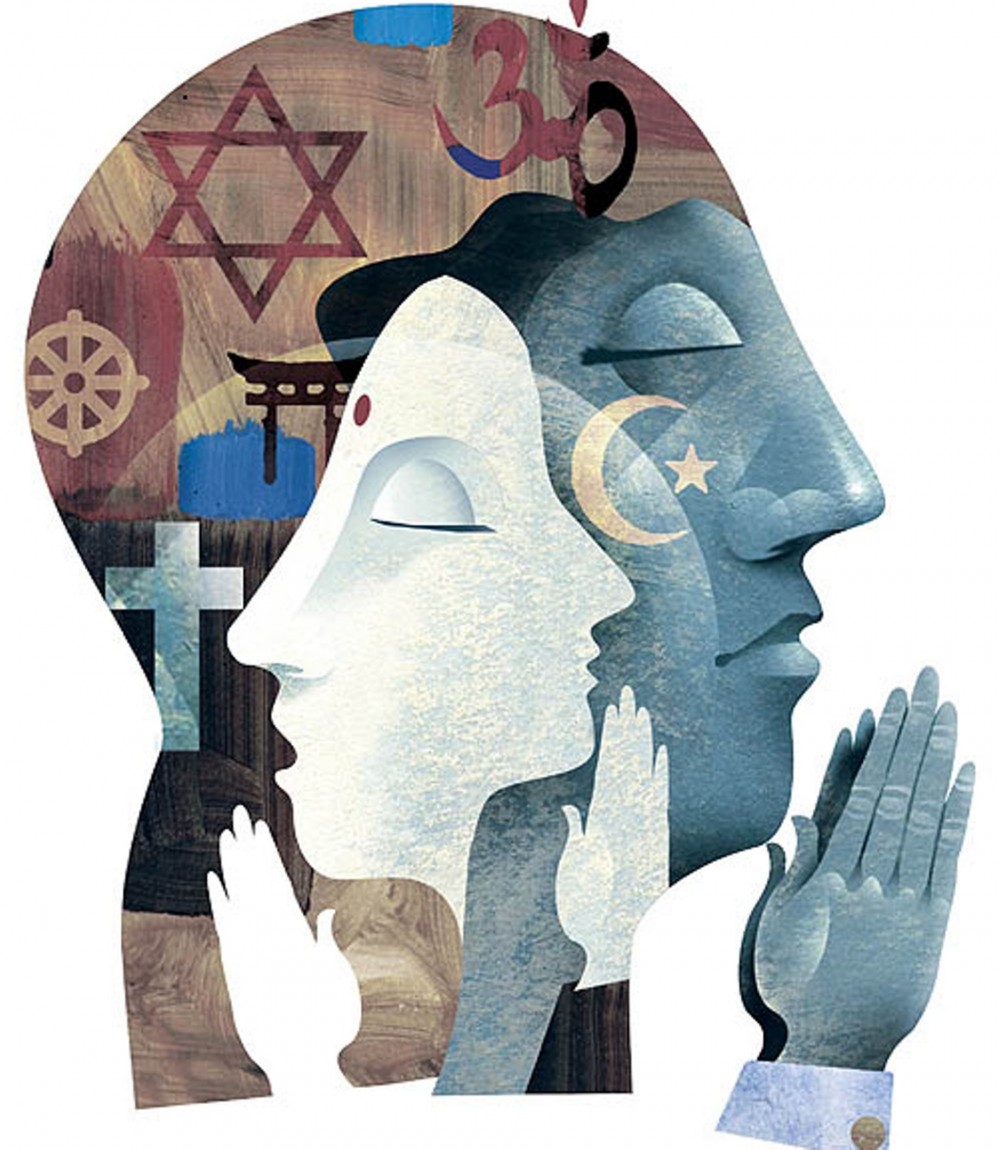
The problem of tolerance in inter-religious relations and that of deepening the tolerantisation of society is an urgent problem in Ukraine in the conditions of the challenges of the 21st century. Interconfessional and inter-religious relations in Ukraine are in fact a complicated system of mutual dependencies of the subjects of relations and their bonds. Tolerance in relations, a dialogue between confessions religions are becoming nowadays the imperative conditions for a practical settling problematic issues, the cultural and psychological basis only availability of which makes it possible to have a constructive cooperation and co-existence of religious, national and other communities in a поликонфессиональном, полиэтнонациональном государстве, каковым есть Украина. A study of the formulated problem from the point of view of the interpretation of the notion «tolerance» in the scientific and social discources reveals a partially different interpretation of the above said term notion both inside the mentioned discources, and between those too. Especially, this situation becomes more complicated due to inter-disciplinary studies, because of its actualisation in mass-media and after using the notion «tolerance» in the subjective meaning by representatives of various civilisationally-religious and philosophically-political communities or societies (while referring to quasi-legal documents like «declarations» or «manifests» concerning tolerance, including here that in the religious sphere too). That is why it is suggested to consider tolerance not as a socio-cultural phenomenon, but as a quality that is acquired artificially resulting from a target-oriented upbringing. Though, there is still a question, if the qualification of this quality as only a «positive» one, and, as this quality is acquired mainly resulting from a social forcing (through educational and upbringing institutions) or social disapproval. Then, then if that does not mean «intolerance to intolerance»? At this background interconfessional and interchurch relations in Ukraine have been considered lately as not identical and controversial, and there is no hope for a very optimistic result of the development of those relations in the future. We have to be very careful in making conclusions of the prospective noticeable improvement in the relations between confessions, churches and, consequently, between the believers, as there is a whole set of objective and subjective reasons for that, as well as because of a constantly changing of socio-political and spiritual contexts of the processes taking place within the Ukrainian social environment, and beyond its border. Tolerance in relations, dialoging between confessions and religion are becoming nowadays the imperative conditions for a practical settling problematic issues, the culturally-psychological basis only the availability of which makes it possible attainment of a constructive cooperation and co-existence of religious, national and other communities or societies in a poli-confessional, poli-ethnonational state, what Ukraine is.
Source: Emad Abu Alrub. (2022). Religious tolerance in the Ukrainian society: lessons learned, implementation. Sophia. Human and Religious Studies Bulletin. 19(1): 5-11
Source web-site: https://sophia.knu.ua/index.php/sophia/article/view/143/91
Number of views: 1578